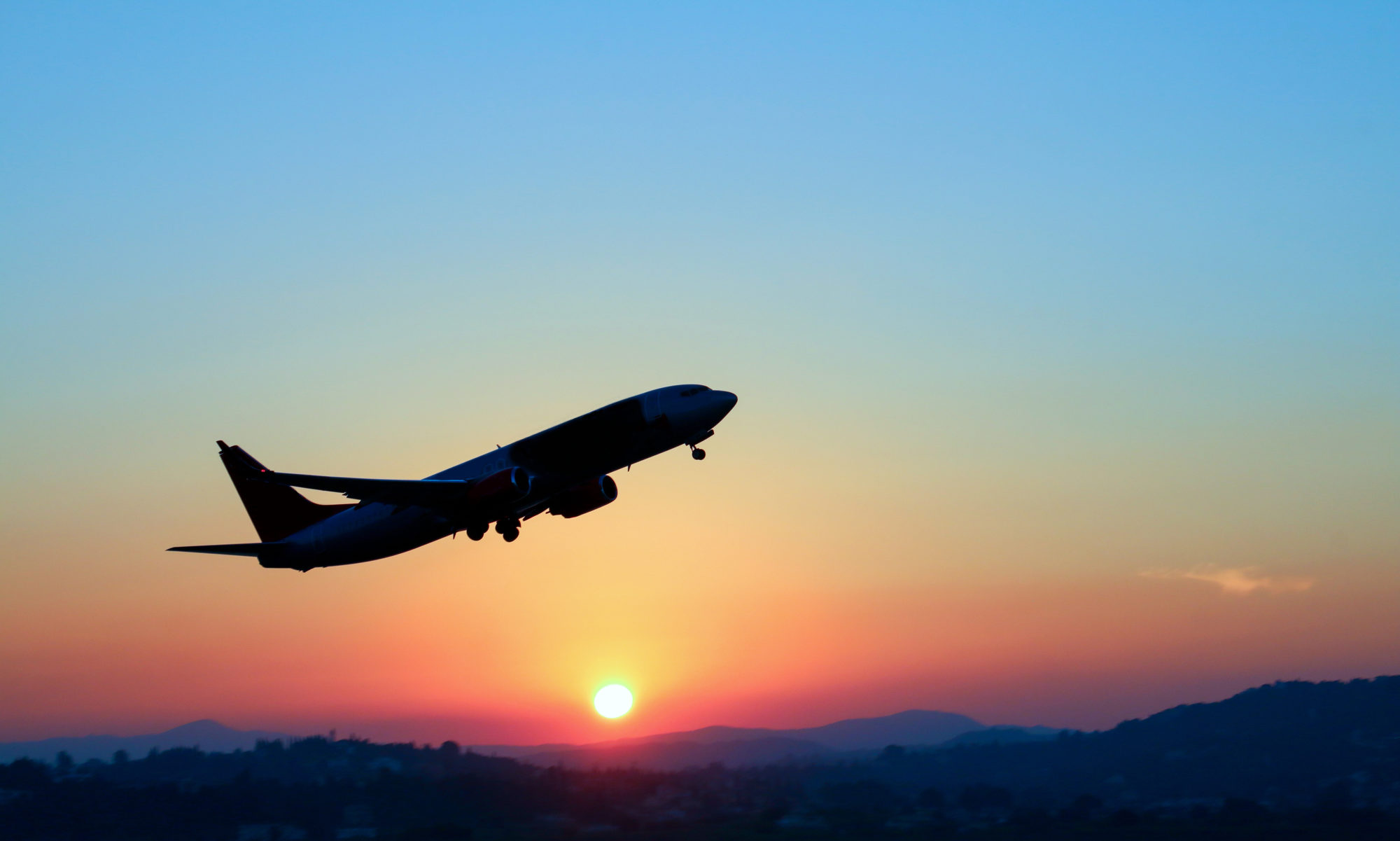By now, all Canadians who have been abroad should either be at home or in the final process of getting there. The coronavirus COVID-19 has changed our lives, and perhaps, when we come out at the other end of this trial, we’ll all be better off for it. We’ll be better prepared to deal with any such disruption in future, more cognizant of how vulnerable we really are when we travel to environments not our own.
For now, travel is not in our immediate future. For Canadians, some of the most inveterate travellers on earth, that may seem like a forbidding challenge. But this too will pass and when it does we may view travel as more of a privilege than a human right and we’ll be more careful about our choices, our preparations, our own untidiness when it comes to making plans, our own consideration for the others we impact when we do travel: like when we recline our aircraft seat into somebody else’s knees, or carelessly sneeze into the space of five or six of our travelling neighbours.
New warnings, old advice
We have seen and heard in recent days that some travel insurers have warned that newly purchased trip cancellation plans can no longer cover you for coronavirus-related illness if you have travelled where your government has warned you not to travel. And if you have done so, our government has warned you to move out and try to get home. There’s nothing new about this. Trip cancellation policies have had such exclusions in place for a long time.
As we have explained in earlier blogs, once your government has raised its warning level to “Avoid non essential travel” or “Avoid All Travel”, the restrictions are in and your benefits are seriously limited.
There are also many questions being asked by travellers who had to cancel trips or interrupt them to get home. If you bought your policy before the warnings went up you are covered, but only until you can get out of harm’s way, and your insurer is available to help you. Don’t expect to stay on indefinitely.
And even if you bought trip insurance prior to such warnings, don’t expect limitless coverage. All policies have limits on what they will pay if you are stranded and delayed getting home. So don’t try to take advantage. And understand that trip cancelation insurance covers only non-reimbursable money you have already paid. It does not pay for the emotional loss of your trip of a lifetime dream.
We’ll continue to update and advise you about what types of insurance you should consider when planning trips into the future. This is important, because recent survey has shown us that though about 70 percent of Canadians (of age groups) buy medical emergency coverage for out of country travel, only one third think about covering trip cancellations and interruptions. Perhaps COVID-19 will change that equation.
But for now, we can only urge you to stay close to home. Follow the advice provided by your federal and local governments and health authorities, and be patient.
© Copyright 2020 Milan Korcok. All rights reserved.

